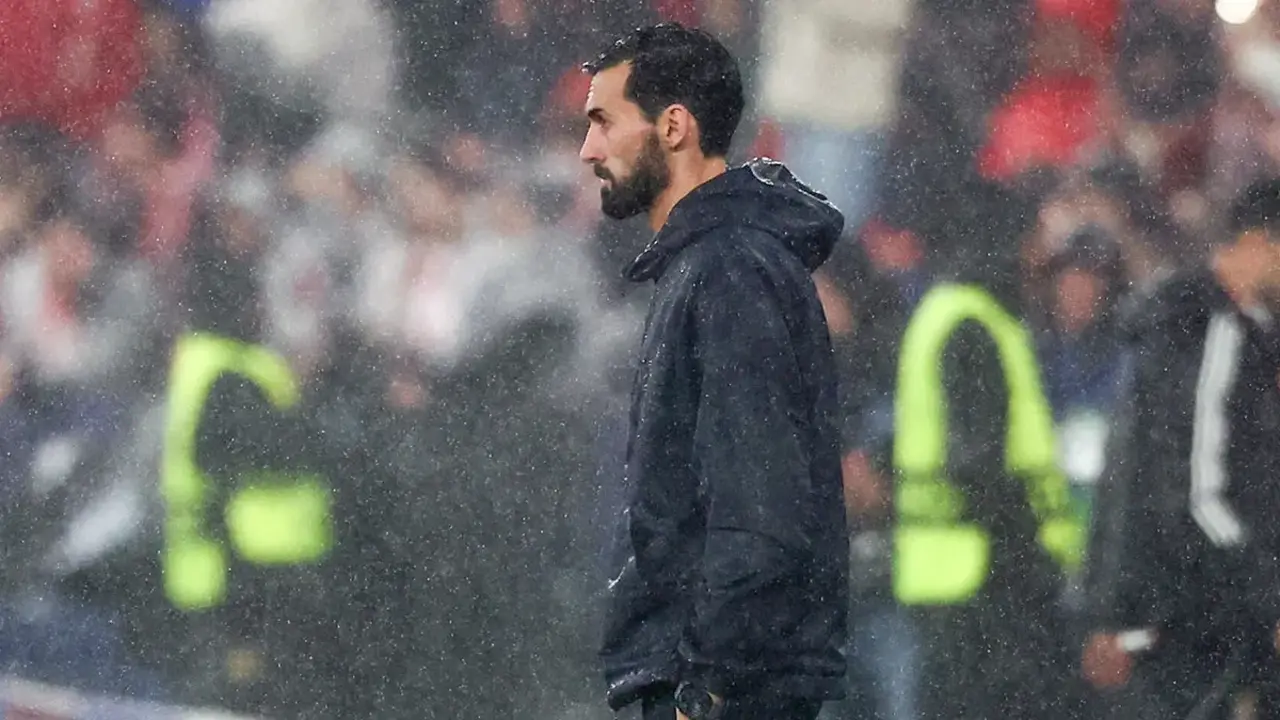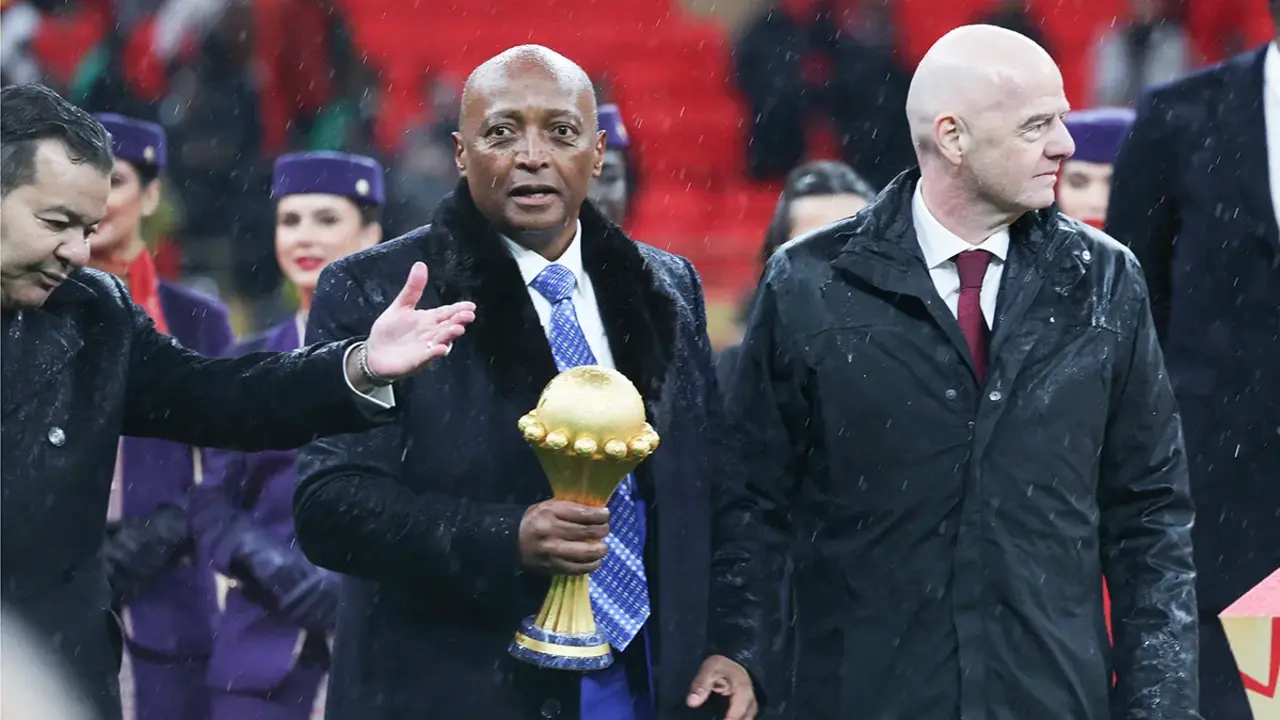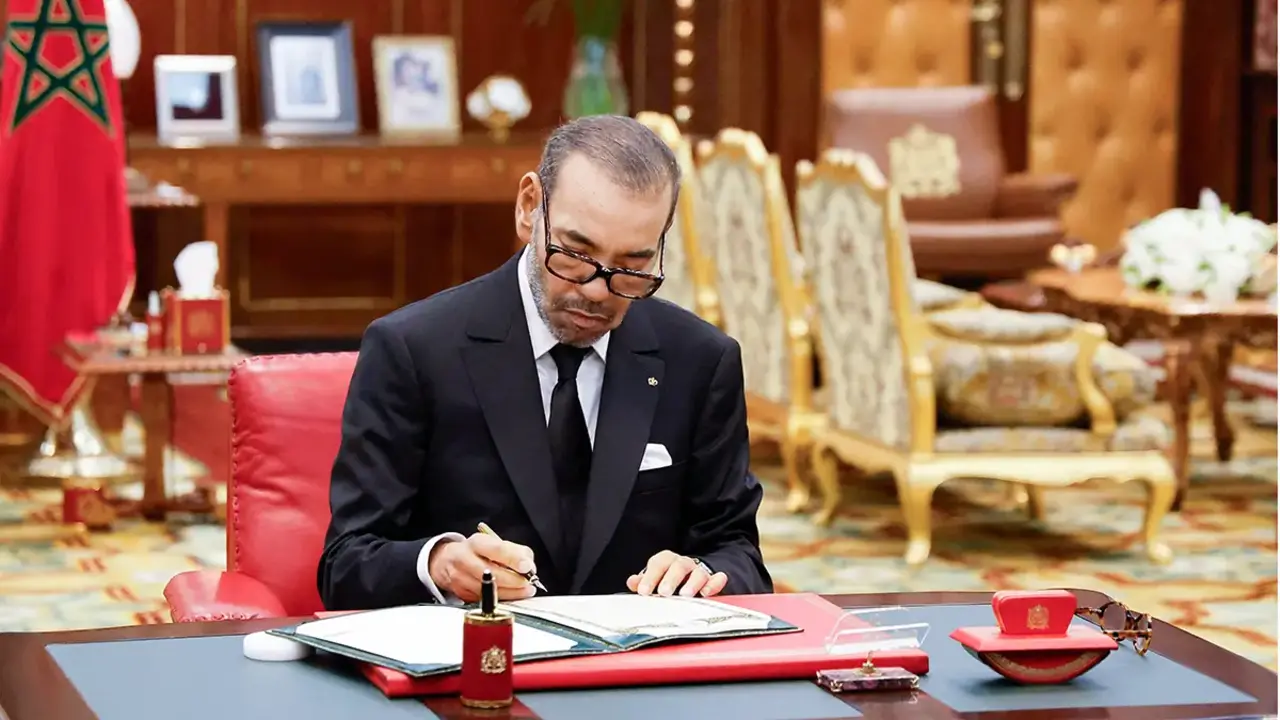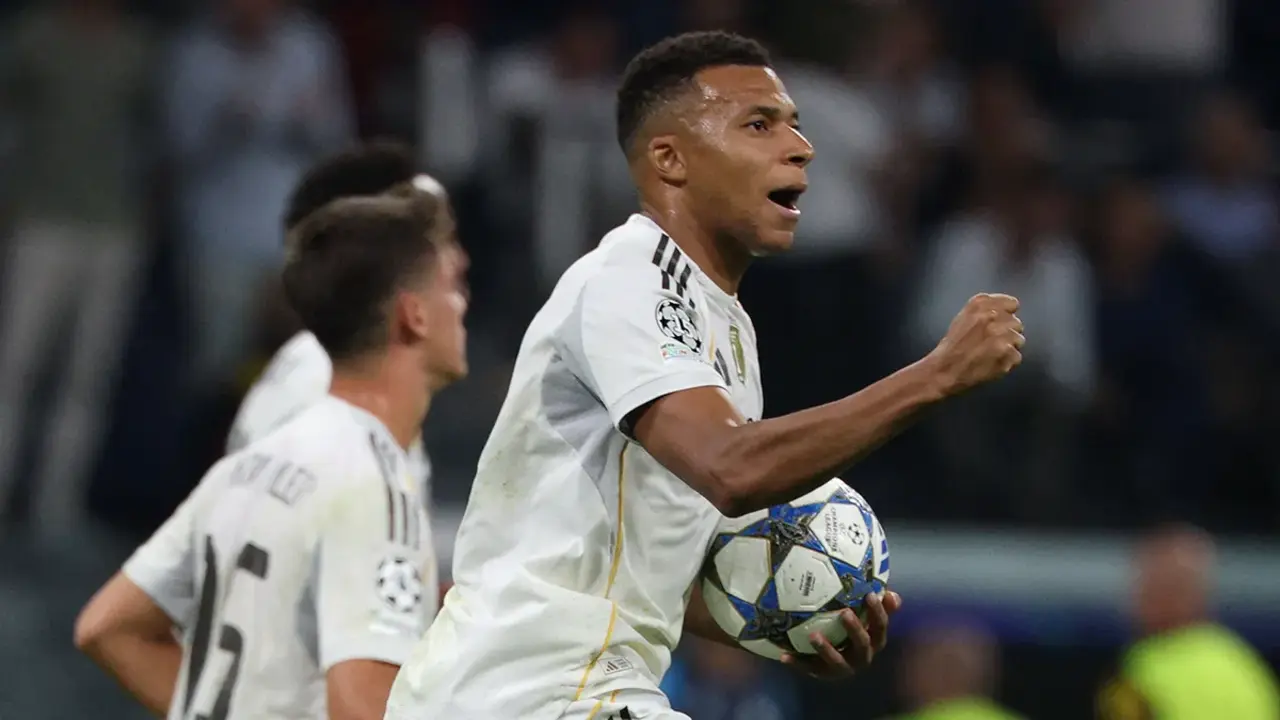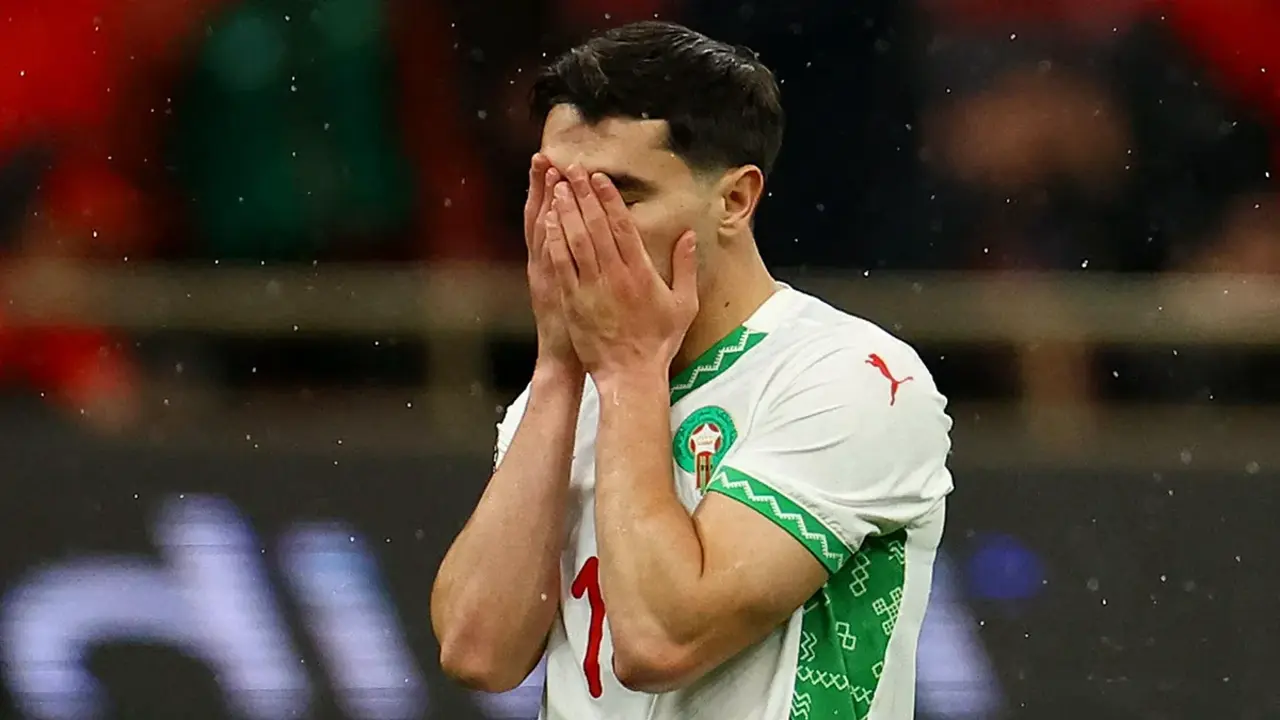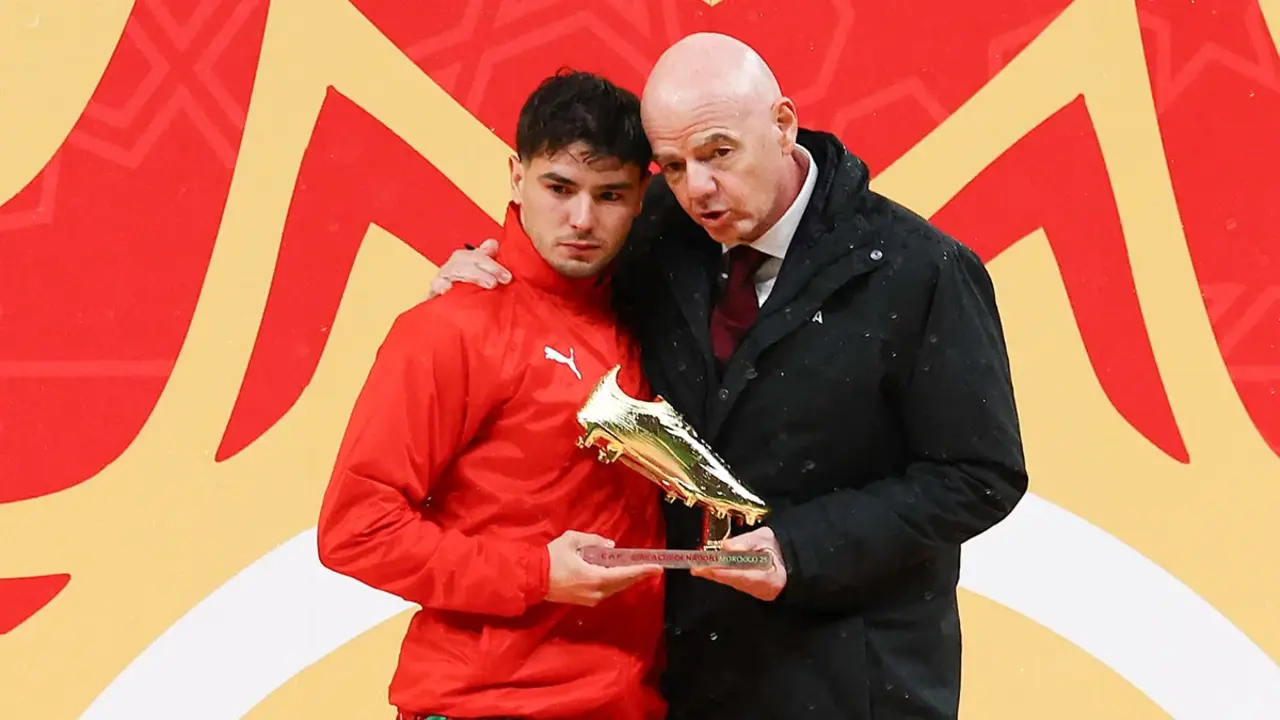Superliga and LaLiga: football at two speeds
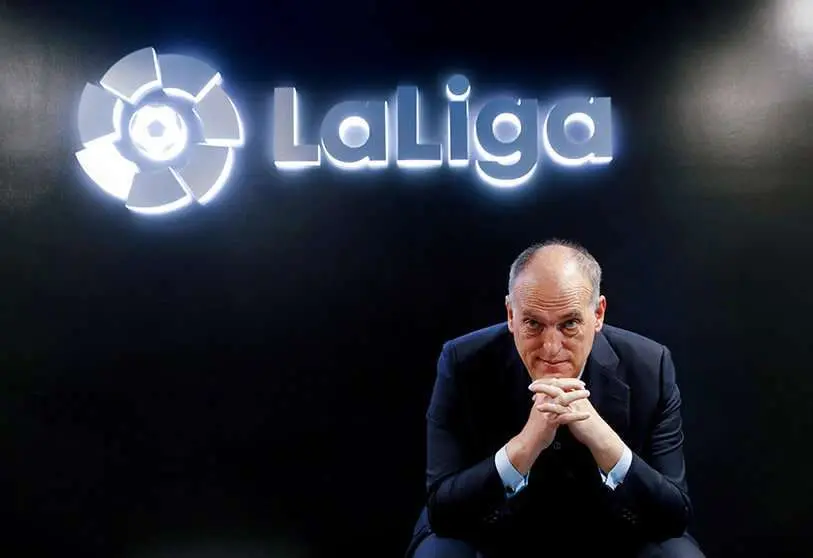
Cristiano Ronaldo and Messi. The two best players of recent years left La Liga for different reasons, although money was always the common denominator in both operations. Ronaldo asked for a pay rise, but Real Madrid could not afford more salary and taxes. Juventus took advantage of tax measures aimed at attracting foreign capital to sign the Portuguese player to a good contract with a reduced tax rate of 30%, which was just 100,000 euros for the first year, and also to pay the club 100 million euros for the transfer. In Spain this rate for salaries over 300,000 euros is 51% which makes footballers' salaries even more expensive because they receive their net salary and the taxes are paid by the club to the state coffers.
And this taxation problem is where LaLiga and the salary limits come in. The clubs decided years ago to put a stop to the squandering that had been going on for decades. On the one hand, many clubs owed the Treasury millions of euros in taxes and, on the other hand, these same teams were indebted without blushing because in their fairy tale they said that if they played in Europe they would earn much more money to pay for the party.

LaLiga put in place a plan to reduce debt and forced clubs to tighten their belts or put in place economic engineering that would allow them to maintain the level without spending more than they earned. They even set a salary cap so that players were not paid impossible amounts.
Those rules have been met by most teams in Primera and Segunda División. Even Atlético de Madrid have won two Ligas with Miguel Ángel Gil Marín in his stellar role as a manager who bought and sold great strikers without disbanding the team and without upsetting Simeone.

But Real Madrid and Barcelona live in another sporting and economic dimension. They are two great football transatlantics that cannot be governed by the same rules as the Spanish teams. They are a money-making machine and, therefore, they spend, reinvest, generate... their economic mechanics are those of the big multinationals, but the limits set by LaLiga stifle them.

Messi left Barça because the club's debt made it impossible to pay his wages. LaLiga knew that if Messi left Spanish football would be devalued and reached an agreement with the CVC fund to receive an economic injection. That money is a relief for many clubs who know their value if they all go together, but it is small change for Real Madrid and Barcelona who can earn much more without the burden of abiding by LaLiga's rules. If Barça had accepted that amount Messi would still be at the club of his life. That reflection is public and has been pronounced by Joan Laporta, president of Barça, and Javier Tebas, president of LaLiga, but the former refused to hand over the club's audiovisual rights for such a meagre amount.

Following on down the road we come across the Superliga. The project led by Florentino Pérez has awakened many from the economic lethargy in which they lived. Someone has raised their voice and said that the club he presides could earn much more money if it played another competition with other teams. The crème de la crème of European football wants to get out of the economic pit of their domestic leagues.
The Big Six of the Premier League (Manchester City, Manchester United, Chelsea, Arsenal, Tottenham and Liverpool) have a lot of room for negotiation. Their TV rights are the best paid in the world and that gives them the opportunity to sign the best players. They don't have serious financial problems because of the 3.466 million euros between domestic and international rights from the last sale.

In Italy the economic power is held by the Agnelli family's Juventus. Milan pines for Serie A and Inter has not yet taken the step to become a rich club. Italian football is valued by Cristiano Ronaldo and Juventus, in that order. Their football fetched 1,344 million euros in the last sale, counting Italian and foreign TV stations.
In France it's all about PSG with Messi, Mbappé, Ramos, Neymar... even Fabregas' Monaco is not interested anymore. Amazon bought all of this season's matches for around 600 million euros and left out Canal+, which will have to continue litigating with Jaume Roures for the amounts owed because of the pandemic. A total of 1,233 million that it promised at the time and that it cannot pay. In Spain there is no operator that broadcasts PSG matches. Everything indicates that Movistar+ will be the one to get hold of them. Telefónica is the platform that had them sublicensed to Bein the last few seasons.

In Germany, Bayern Munich and Haaland are in charge. Their league sold the broadcasting rights until 2025 for 1.4 billion euros to Sky and Dazn both outside and inside the country. In Spain Movistar+ continues to broadcast the most interesting matches of the day exclusively.

In Spain Telefónica won the football rights for 1.14 billion to be paid between the 20/21, 21/22 and 22/23 seasons. The foreign rights were sold for 897 million so the latest value of Spanish football is 2,037 million euros. In September 2021 Javier Tebas will have to put his most valuable product up for sale, but without Messi. That €1.14 billion seems unattainable. Amazon wants to bid for a full day of La Liga and Movistar+ will once again bet big on the rest. The value will continue to be given to Real Madrid and Barcelona because the rest of the clubs do not have so much pull. The 160 million euros that the two Spanish giants receive, plus 100 million euros if they win the Champions League, are a far cry from their Superliga aspirations. The numbers for that tournament are 3,525 million euros to the participants of which Real Madrid and Barça would receive 350 just for being present. With these numbers, one of the teams most interested in getting out of their league is PSG, which has hardly any television revenue. Its major investments are financed by financial injections from its sponsor and Ligue 1 looks the other way. After the World Cup in Qatar, the Parisian club will have to decide whether to go for the Super League.

One understands the Super League and one understands the economic injection that LaLiga has approved to reactivate the clubs. The problem is that Spanish football has two speeds.


